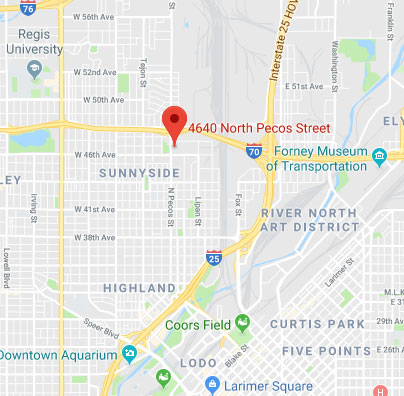Mediation is a private process in which an impartial person, a mediator, encourages and facilitates communications between parties to a conflict and strives to promote reconciliation, settlement, or understanding. A mediator’s obligation is to assist the parties in reaching a voluntary settlement. A mediator does not act as a judge, an arbitrator, a counselor or an advisor to the parties. A mediator does not render a decision on the issues in dispute. The primary responsibility for the resolution of a dispute rests with the parties. An attempt at mediation is required in many counties before parties to a dispute may have a trial or hearing before a judge.
Mediations can be as long or as short as the parties determine is necessary to negotiate a full and fair agreement regarding their dispute. Generally, mediations will be set for half-day sessions. If, after your session is complete, you and the opposing party wish to continue discussions further, you can re-schedule for another half-day session to continue working toward settlement.
The most significant value to mediation is that it gives the parties complete control over the outcome of their dispute. The parties can fashion a creative settlement that fits their unique goals, lifestyles, values and needs. The parties can be, and are encouraged to be, as creative as possible in fashioning an order that they will have to live with indefinitely. In contrast to litigation, where a judge imposes an order on the parties after getting to know them for all of a few hours, in mediation the parties create an order that considers all the factors that are specifically important to these parties.
The process is private. Rather than airing their dirty laundry in a public courtroom where a record of all proceedings is made, the parties can feel free to discuss, negotiate, propose creative options for settlement, and vent frustrations in a private and confidential atmosphere.
The process is confidential. State law requires that, except in very limited circumstances, the mediation process and all communications made during the mediation process are confidential. Settlement options offered during mediation can never be repeated in court later, if mediation should fail. A mediator cannot be called to testify about what occurred during mediation and the mediator will generally destroy all notes made during the mediation process, except for any final agreement made by the parties.
Click here to download an intake form and complete prior to scheduling mediation.
